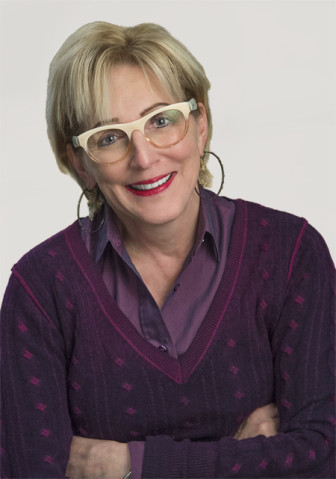 In the early 1980s, Dr. Vincent Felliti began noticing that many of his patients who were having extreme illnesses in their adult years had adverse childhood experiences. Much of his research is outlined in “Childhood Disrupted: How Your Biography Becomes Your Biology, and How You Can Heal” (2015) by Donna Nakazawa. He worked with the Centers for Disease Control and Prevention to set up a research study, which asked the following questions:
In the early 1980s, Dr. Vincent Felliti began noticing that many of his patients who were having extreme illnesses in their adult years had adverse childhood experiences. Much of his research is outlined in “Childhood Disrupted: How Your Biography Becomes Your Biology, and How You Can Heal” (2015) by Donna Nakazawa. He worked with the Centers for Disease Control and Prevention to set up a research study, which asked the following questions:
Adverse Childhood Experience (ACE) Questionnaire: Finding Your ACE Score
While you were growing up, during your first 18 years of life:
- Did a parent or other adult in the household often swear at you, insult you, put you down, or humiliate you? Or, act in a way that made you afraid that you might be physically hurt?
- Did a parent or other adult in your household often push, grab, slap, or throw something at you? Or, ever hit you so hard that you had marks or were injured?
- Did an adult or person at least five years older than you ever touch or fondle you or have you touch their body in a sexual way? Or, try to or actually have oral, anal, or vaginal sex with you?
- Did you often feel that no one in your family loved you or thought you were important or special? Or, did you feel that your family didn’t look out for each other, feel close to each other, or support each other?
- Did you often feel that you didn’t have enough to eat, had to wear dirty clothes, and had no one to protect you? Or, were your parents too drunk or high to take care of you or take you to the doctor if you needed it?
- Were your parents ever separated or divorced?
- Was your mother or stepmother often pushed, grabbed, or slapped, or did she have something thrown at her? Was she sometimes or often kicked, bitten, hit with a fist, or hit with something hard? Or was she ever repeatedly hit over and over for at least a few minutes, or threatened with a gun or knife?
- Did you live with anyone who was a problem drinker or alcoholic or who used street drugs?
- Was a household member depressed or mentally ill, or did a household member attempt suicide?
- Did a household member ever go to prison?
Now, add up your “yes” answers. This is your ACE score.
The findings were incredible. This same set of questions was given to 1,000 adolescents who were juvenile delinquents in Chicago. The findings include the following, as outlined in “How Children Succeed: Grit, Curiosity, and the Hidden Power of Character” by Paul Tough.
- ACE score of 4 or more: twice as likely to smoke, seven times as likely to have sex before age 15 and be an alcoholic.
- ACE score of 0: only 3 percent had learning or behavioral problems.
- ACE score of 4 or more — 51 percent had learning or behavioral problems.
The majority of participants had an ACE score of six or more. Diagnosable psychiatric disorders were found in 66 percent of respondents. The average score on a standardized vocabulary test was fifth percentile.
The most important finding, however, was the following:
- “Parents and other caregivers who are able to form close, nurturing relationships with their children can foster resilience in them that protects them from many of the worst effects of a harsh early environment … the effect is biochemical.”
In other words, a close nurturing relationship for the youth ameliorated much of the effects of adverse childhood experiences.
How might you use this information in youth development?
First of all, I would share the questionnaire and the findings of the research with young people. (I am always bothered by how much information we keep from youth that would be beneficial to them. Knowledge is a powerful tool.) I would then ask them to think about their future as it relates to their personal health and their emotional well-being.
Second, I would ask them to identify one or two adults with whom they could build a trusting relationship. I would ensure that process takes place, as it will be critical for their well-being as adults.
Ruby K. Payne, Ph.D., is the founder of aha! Process and an author, speaker, publisher and career educator. She is recognized internationally for “A Framework for Understanding Poverty,” her foundational book and workshop.
More articles related to this one:
Minnesota High School Screens Students for ACEs to Develop Trauma-informed Education
We Know How to Help Foster Kids Despite Past Trauma
A Trauma-informed School Wasn’t Part of My Plan, But Now It’s My Life’s Work
Young Mothers in Foster Care: Resilience in Action


























